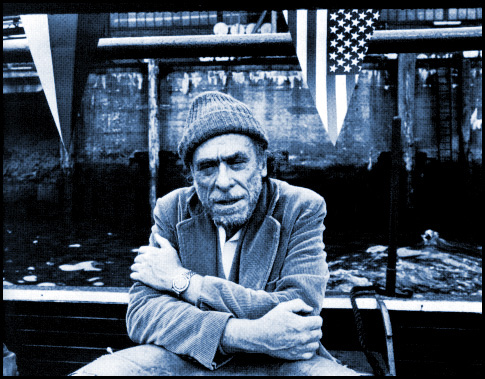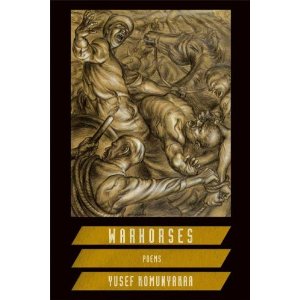My paper will address the Whitmanian echoes in George Oppen’s poetry. I will explore how Oppen engages with, but ultimately distances himself from Whitman by not manufacturing a glorious recovery. I hope to make my argument by comparing “Song of Myself” to “Of Being Numerous”.
The relationship between Oppen and Whitman is important because of their similarity in form but differences in interaction with the world. Oppen comments directly on the things he sees in the world around him, but does not provide the recovery that Whitman is known for. In “Song of Myself” there is a sense that the center cannot hold, but Whitman always seems to have an underlying hope in recovery. I’m excited to delve into Oppen’s poetry more thoroughly and draw a more clear connection between him and Whitman.
My guiding questions will be: How do Whitman and Oppen each use the serial form of poetry to explore and comment on the world around them? How do their differences in poetics reveal their outlook on interaction with the world? I hope to learn more about the form of their poetics and figure out why they both found this form useful for their different purposes.
During peer revision, my group suggested that I need to choose my sources carefully. Dana pointed out that my claims about form and authorial intent will need to be well documented before I can make my own conclusions. I realize that the only using two poems may be problematic for the length of the paper, but I am hoping that my argument will be supplemented by including the aspect of the time period of the authors. It was also brought to my attention that my own voice will have to somehow emerge as the strongest in the paper, which will be hard to do considering the magnitude of this connection. I’m hoping to “join the conversation” with the critics that I have found. I would love any more suggestions about making my paper more well rounded–or any sources you may come across that would be helpful.







